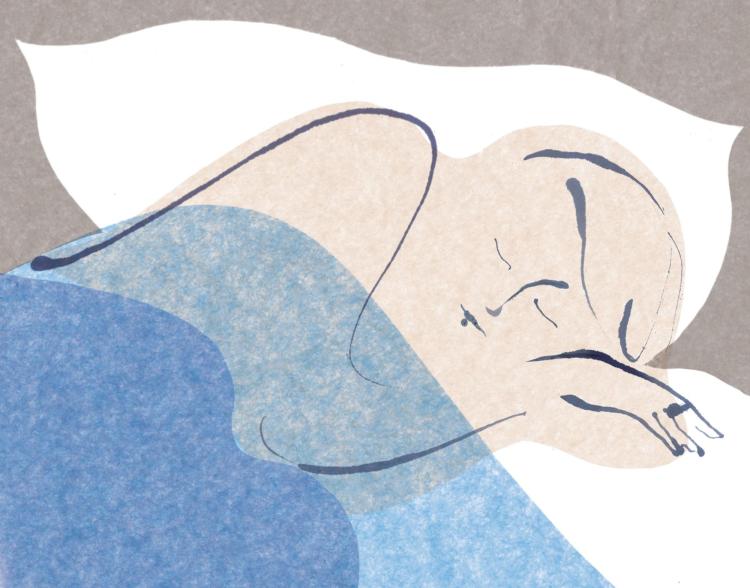
Some young children, including preschoolers, routinely take melatonin as a supplement for sleep, with nearly one in five school-aged children and preteens also taking it regularly, according to CU Boulder researchers. The hormone is produced naturally in a person’s pineal gland to signal sleep for the body, but chemically synthesized and animal-derived versions are also readily available in the United States.
This concerns CU Boulder researchers, who conducted a survey of melatonin use published by JAMA Pediatrics in November 2023. They found that use among children has soared since 2017, when only about 1% of parents reported that their children used it. In their paper, the authors note a lack of safety and efficacy data surrounding the products, which are not fully regulated by the Food and Drug Administration.
“We are not saying that melatonin is necessarily harmful to children. But much more research needs to be done before we can state with confidence that it is safe for kids to be taking long-term,” said lead author Lauren Hartstein, a postdoctoral fellow in the CU Sleep and Development Lab at CU Boulder.
In a previous study, researchers at Cambridge Health Alliance analyzed 25 melatonin gummy products and found that 22 contained different amounts of melatonin than indicated on the label, or even contained other unlisted substances such as serotonin.
CU researchers caution that while melatonin can be used as a short-term option for sleep aid under the guidance of a pediatrician, other options may be a better line of treatment for continued use.
To learn more, visit CU Boulder Today.






